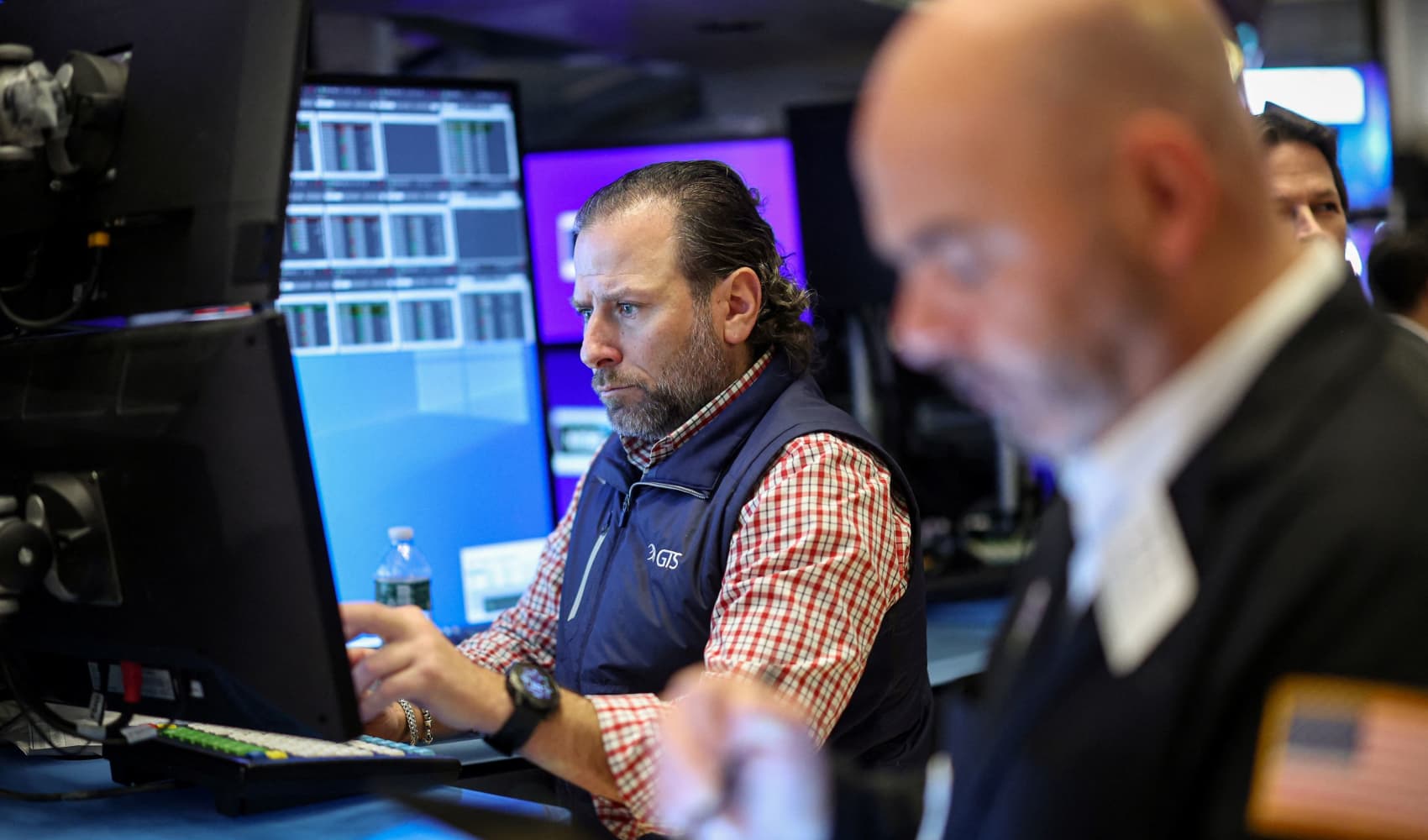
- Germany's BioNTech is launching a U.K. trial of personalized mRNA therapies, including cancer vaccines, from September.
- It aims to deliver 10,000 therapies to patients before 2030.
- Campaigners called on the government to ensure any positive outcome could be delivered at an accessible price point and include delivery to global cancer patients.
LONDON — The U.K. government on Friday announced a partnership with German firm BioNTech to test potential vaccines for cancer and other diseases, as campaigners warned any breakthrough must remain affordable and accessible.
Cancer patients in England will get early access to trials involving personalized mRNA therapies, including cancer vaccines, which aim to spur the immune system to attack harmful cells.
They will be administered to early and late-stage patients and target both active cancer cells and preventing their return.
Get top local stories in Connecticut delivered to you every morning. >Sign up for NBC Connecticut's News Headlines newsletter.
BioNTech will set up new research and development centers in the U.K., with a lab in Cambridge and headquarters in London, and aim to deliver 10,000 therapies to patients from September 2023 until the end of the decade.
The company developed one of the most widely-distributed Covid-19 vaccines alongside U.S. pharma firm Pfizer. Its CEO, Ugur Sahin, said it had learned lessons from the coronavirus pandemic about collaboration between the British National Health Service, academics, regulators and the private sector in the development of drugs that it was applying now.
"Our goal is to accelerate the development of immunotherapies and vaccines using technologies we have been researching for over 20 years," he said in a statement. "The collaboration will cover various cancer types and infectious diseases affecting collectively hundreds of millions of people worldwide."
Money Report
Peter Johnson, Britain's National Clinical Director for Cancer, said mRNA technology had the potential to transform approaches to a number of illnesses.
The government confirmed to CNBC the announcement represented a private investment into the U.K., but would be supported by a new Cancer Vaccine Launch Pad funded by the NHS.
Other mRNA cancer vaccines, including a collaboration between U.S. firms Moderna and Merck, are also being trialed.
Tim Bierley, a campaigner at U.K.-based group Global Justice Now, said big pharmaceutical companies had "terrible record of price gouging on new medicines, even where public money has played a key role in bringing them to the market."
"The government has a moral duty to push BioNtech to set the price of this potentially life-saving vaccine so it is accessible to all," he said.
Mohga Kamal-Yanni, policy co-lead for the People's Vaccine Alliance — a global group of health organizations, economists and activists — said news of the trial was good, but that any outcome "belongs to the people" due to the amount of public funding involved.
"The U.K. government must say how it will ensure any new medicine, vaccine or technology will be made available and affordable to developing countries," Kamal-Yanni said.
A government spokesperson told CNBC the research was at too early a stage to discuss pricing and distribution, but pointed to its record in distributing free Covid-19 vaccines.






